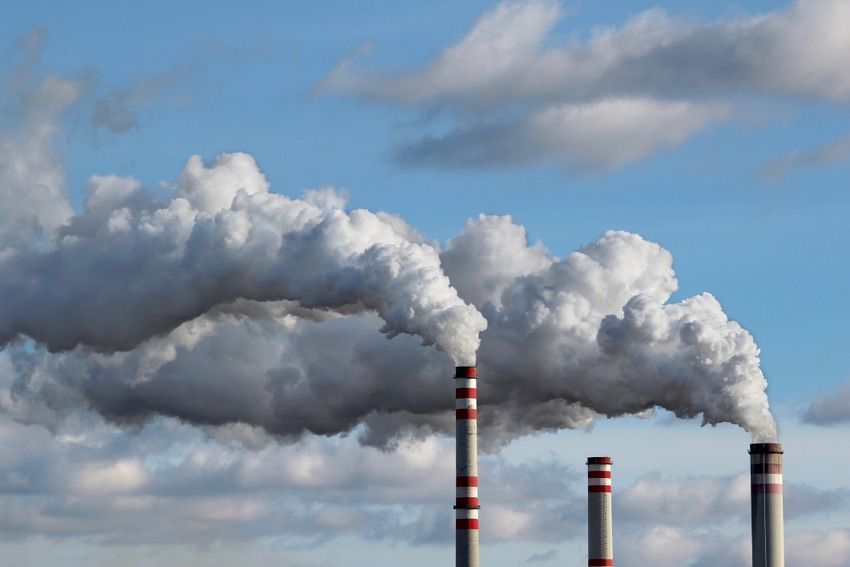CIEL explains how plastic is among the most “energy-intensive materials to produce.”

The Center for International Environmental Law (CIEL), based in Washington, D.C., has gathered global data on how much greenhouse gas emissions comes from plastic production—starting at the wellheads where the plastic comes from the ground.
According to NPR, CIEL explained that from gas leaks at wellheads to leaks from the pipelines that take oil and gas to a chemical plant, that plastic is among the most “energy-intensive materials to produce.”
In all, "emissions from plastics production and incineration could account to 56 gigatons of carbon between now and 2050," which is almost 50 times the annual emissions of all the coal power plants in the U.S., according to CIEL.
NPR has more information:
Plastic waste gets a lot of attention when photos of dead whales with stomachs full of plastic bags hit the news. Pieces of plastic also litter cities, and tiny plastic particles are even floating in the air.
Largely overlooked is how making plastic in the first place affects the environment, especially global warming. Plastic actually has a big carbon footprint, but so do many of the alternatives to plastic. And that's what makes replacing plastic a problem without a clear solution.
Plastic is just a form of fossil fuel. Your plastic water bottle, your grocery bag, your foam tray full of cucumbers ... they're all made from oil or natural gas. It takes lots of energy to make that happen.
About the Author(s)
You May Also Like


